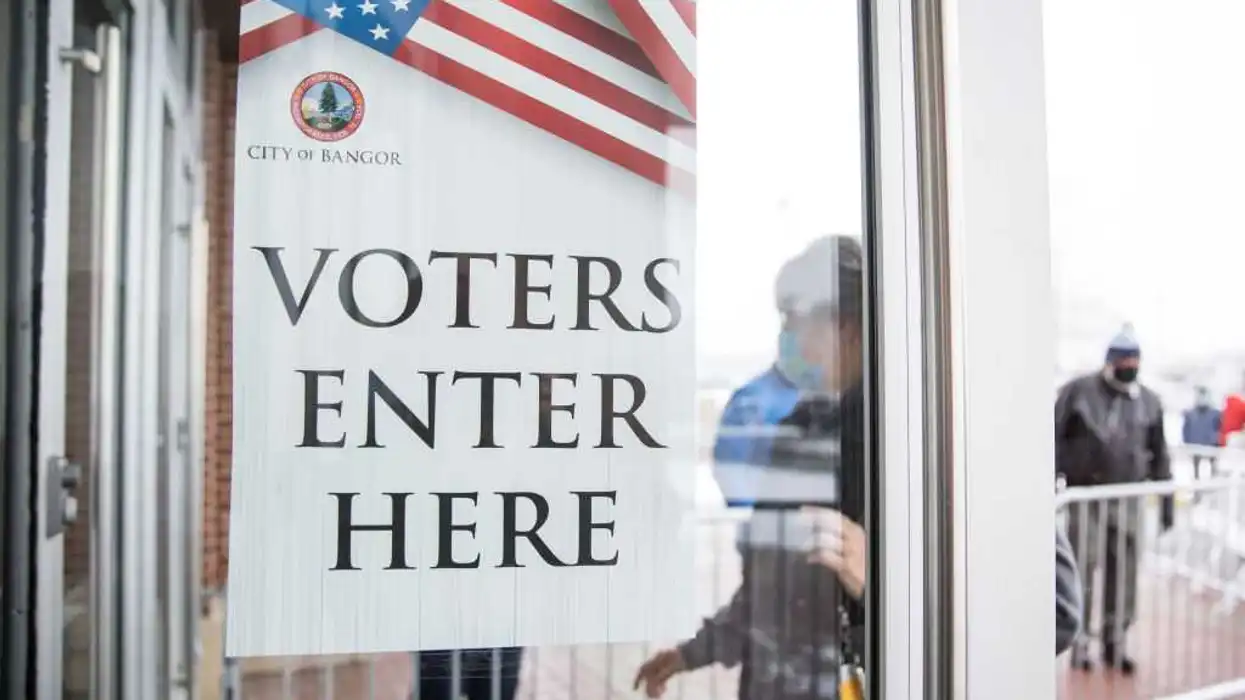The federal government appears to be on track for a bigger-than-expected budget deficit in 2014, as the government is not taking in tax revenues at levels it expected so far.
The Congressional Budget Office released a report in mid-April that said the budget deficit would be $492 billion in fiscal year 2014. That estimate was based in part on the expectation that tax revenues would increase 9 percent from 2013 to 2014.
 Treasury Secretary Jacob Lew oversees a treasury that is taking in less in tax revenue than first predicted. (AFP/Getty Images/Mandel Ngan)
Treasury Secretary Jacob Lew oversees a treasury that is taking in less in tax revenue than first predicted. (AFP/Getty Images/Mandel Ngan)
But less than a month later, in early May, the CBO said that in the first seven months of the fiscal year, total tax receipts are only up 8 percent so far.
"That increase is $10 to $20 billion less than what CBO expected when it published its most recent projections in its April 2014 report," the agency said in its monthly budget review.
With 4 1/2 months left in fiscal year 2014, the year is hardly over. But budget-watchers agreed that April is an informative month, since it's when most individuals pay their tax bills, and a shortfall in April means the government is likely going to see a budget deficit that is somewhere north of $500 billion for the year.
"We're through the big chunk of money," a Senate Budget Committee staffer told TheBlaze.
The aide added that while the government ran a surplus in April, as it usually does, the bad news in the CBO report was that tax revenue still grew more slowly in April than government spending grew. The CBO report said receipts were up 2 percent in the first seven months of fiscal year 2014 compared to the prior year, while spending rose 2.5 percent in the same period.
"To me this points to the unsustainability of our situation," the aide said. "Even in the best month you've had since the recession, revenue is still not growing faster than spending."
Douglas Holtz-Eakin, president of the American Action Forum and former CBO director, said the latest CBO report shows that the good economic forecast the CBO made in June just hasn't happened yet, which is leading to smaller tax receipts.
Holtz-Eakin agreed that April is a big month that reveals a lot of information about where the deficit will finally land. Based on all the available information out there now, he told TheBlaze that the government is "likely to have a bigger deficit" by the end of the fiscal year.
He added that one bad sign for both the economy's performance and the government's ability to collect taxes is non-withheld tax receipts. Holtz-Eakin said that category reflects tax revenues that aren't withheld in people's paychecks — such as advance tax payments from book authors, business owners and sole proprietors that aren't captured in routine paychecks.
The CBO said earlier this month that in this category, receipts are up $19 billion, but also said that's $30 billion less than the agency first anticipated.
"If they're behind [in this category], it suggest we're not having a very vigorous recovery," Holtz-Eakin said.
In the meantime, government spending overall is down 2 percent, largely due to declining military spending and increased payments from mortgage giants Fannie Mae and Freddie Mac to the government.
But spending in key "mandatory" areas of the government rose. Social Security spending is up 5 percent through the first seven months of fiscal year 2014, and spending for Medicaid is up 9 percent.
The CBO expects Medicaid spending to jump 13 percent by the time 2014 is over, and the Senate aide said this rise is due to Obamacare.
"We knew Medicaid was going to start going up because of the influx of new people, new eligibility from Obamacare," he said.

 Treasury Secretary Jacob Lew oversees a treasury that is taking in less in tax revenue than first predicted. (AFP/Getty Images/Mandel Ngan)
Treasury Secretary Jacob Lew oversees a treasury that is taking in less in tax revenue than first predicted. (AFP/Getty Images/Mandel Ngan)





